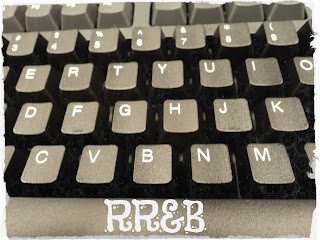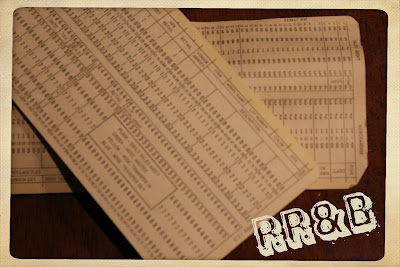Why should you have a personal software program?

The discussion continues regarding the use and need for a personal software program verses an online tree or pedigree chart. I for one vote not only yes--- but definitely YES! Maintaining a personal software program allows the user to have control over what information is “freely” made available. This is not only for living individuals, but also for current and on-going research as it develops and until it is well documented and proven. It is through the documentation and sourcing process that facts are either proven or disproven. If the tentative information is entered into a public tree, and it is later disproven, you cannot contact everyone who now has used that information in their research—because you don’t know who has the flawed information. Once the information is given out, you cannot logically request it back. Family history research is not a one way street—it goes both directions backward (ancestors) and forward (descendants). While searchin
